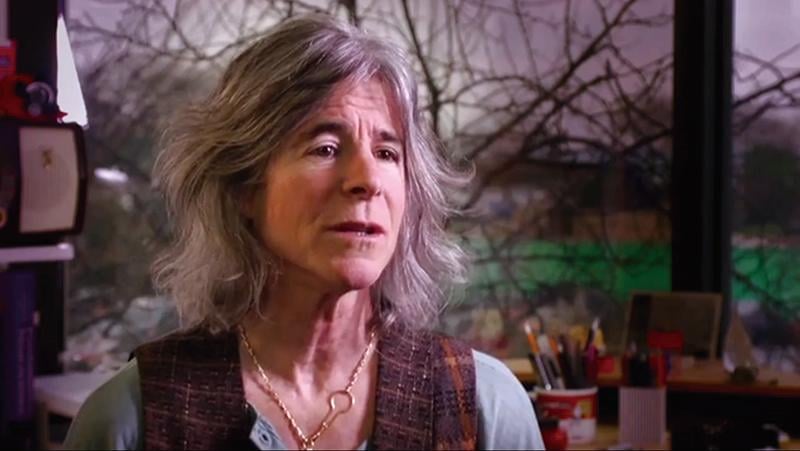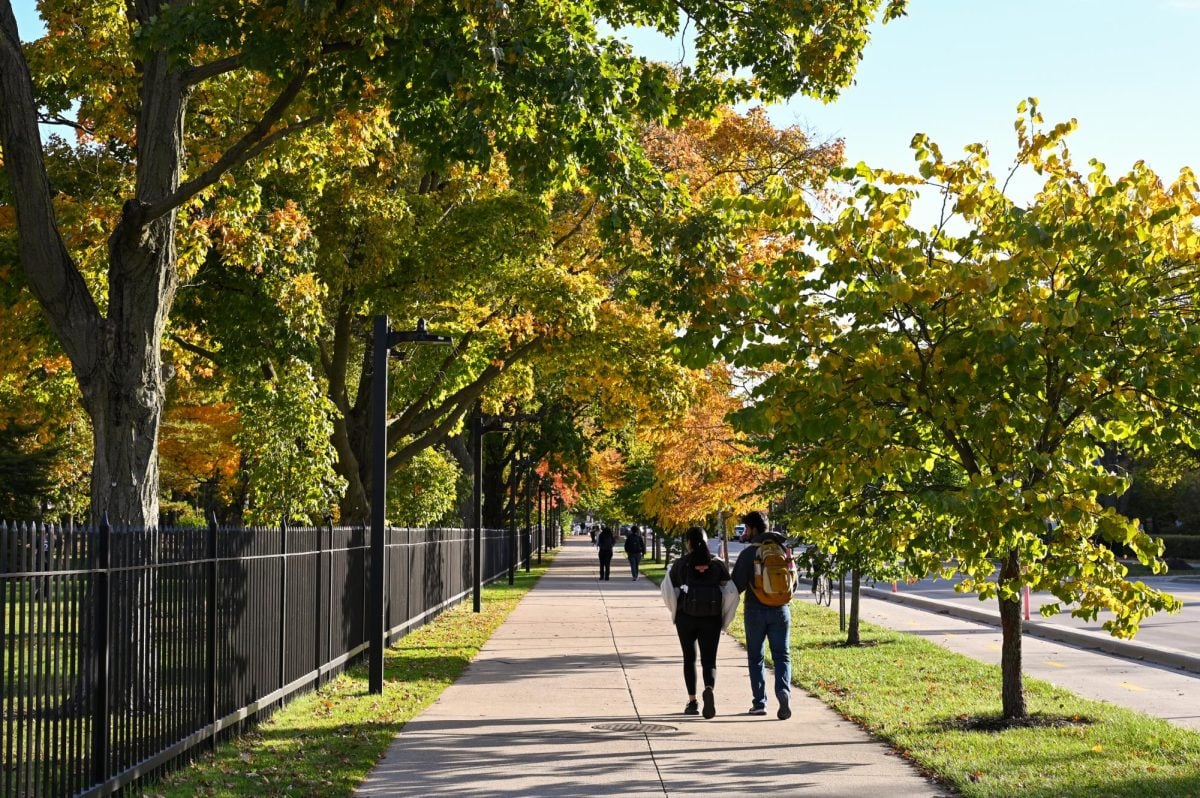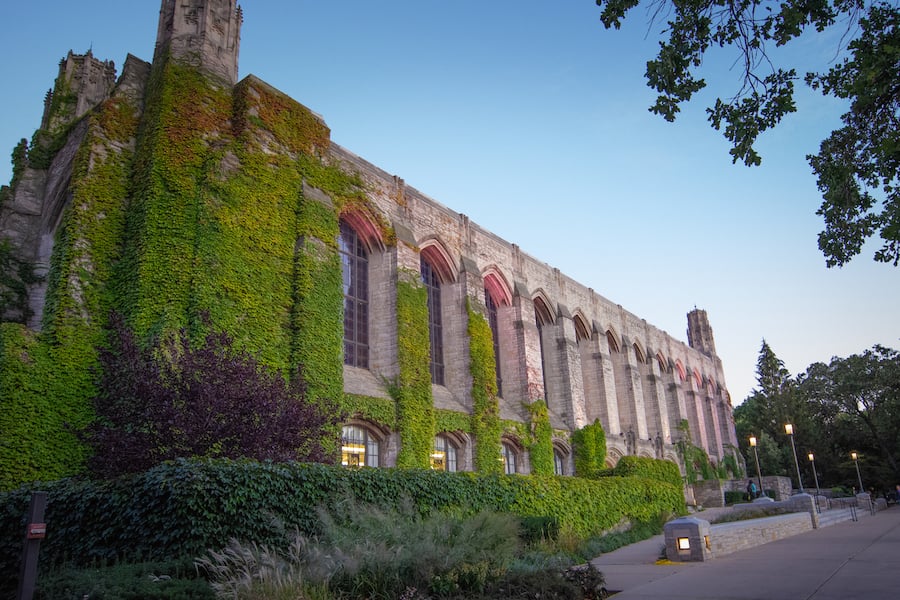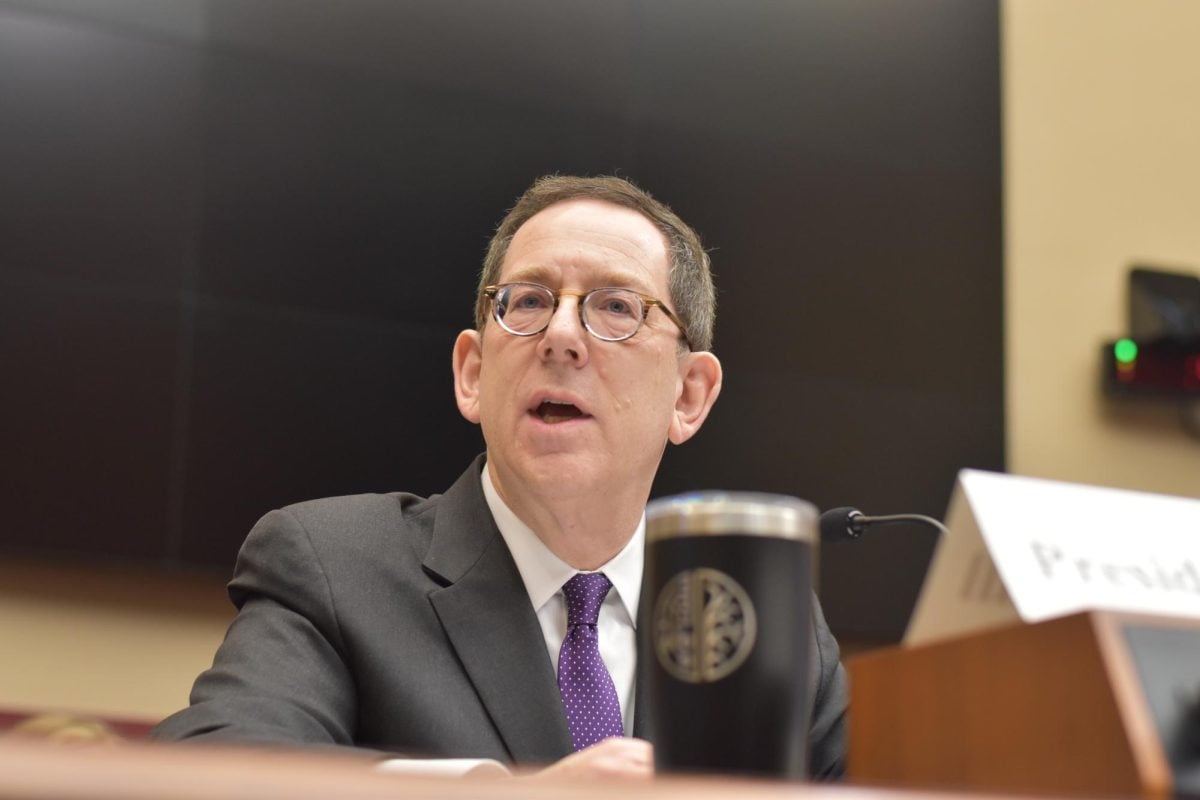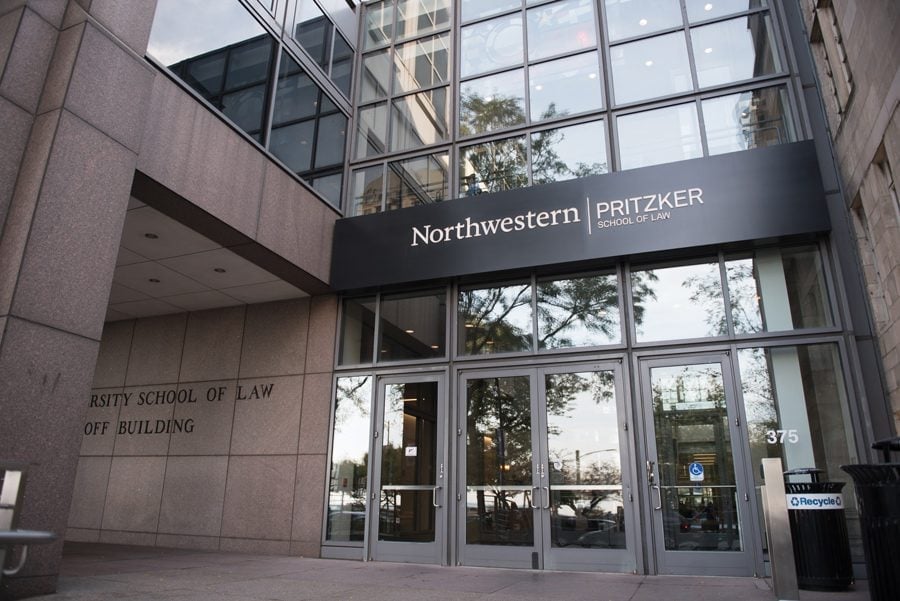Communication Prof. Nina Kraus is highlighted in a recent PBS documentary for her research in a Los Angeles community outreach program that suggests music education helps students develop learning skills.
Kraus, the principal investigator in the School of Communication’s Auditory Neuroscience Laboratory, has studied neurobiology of auditory learning for 25 years and said the documentary helped publicize neuroeducation.
“It is an interest of mine to reach a broad audience,” Kraus said. “We aim to make our findings accessible.”
The documentary, which aired Jan. 4, ran for nearly 10 minutes. It featured The Harmony Project, a non-profit organization which provides free musical instruments and lessons for inner city elementary school students in Los Angeles.
The organization aims to develop and strengthen students’ cognitive skills, such as reading and listening, through music education. The program’s founder, Margaret Martin, enlisted Kraus to help study the neurobiological effects of the program.
“Early sustained music learning is actually the frame upon which education itself can be built for low-income kids,” Martin said in the documentary.
Kraus and her team at the Auditory Neuroscience Laboratory tracked the impact of music education on students by analyzing their brain responses in areas that involve reading and learning skills.
They found that students with music education were better adept to hear speech through background noise and recognize rhythmic patterns that were linked with strong reading and language skills.
“The community work we’re doing is really underscoring education,” Kraus said. “We know that enrichment and musical training can positively impact the nervous system to create a better learner.”
The group also conducts a similar community outreach project with Chicago public high schools.
“We’re trying to bridge what we’re learning with what we’re doing with the community,” said Jennifer Krizman, a 5th-year Ph.D. candidate who works in the laboratory. “This helps us because it gives us a more holistic viewpoint of the community, which helps us be more conscientious researchers.”
Krizman is one of the contributing members of the laboratory, which consists of faculty members, alumni, graduate and undergraduate students, as well as some high school students.
“The work would not get done if it wasn’t for the wonderful people who are involved,” Kraus said. “There are people with very different backgrounds and different expertise who contribute to every project that we do. It’s very much of a team effort.”
Kraus studied students in Los Angeles over a three-year period, and her studies involving students in Chicago are still ongoing. Longitudinal studies such as Kraus’ have challenges, she said. Some Los Angeles schools have high dropout rates, which complicated her research.
“If you really want to be studying a person over time and you really are looking for the profound biological impact of learning over time, it’s going to take a while,” she said.
Email: [email protected]
Twitter: @LanNguyen_NU
